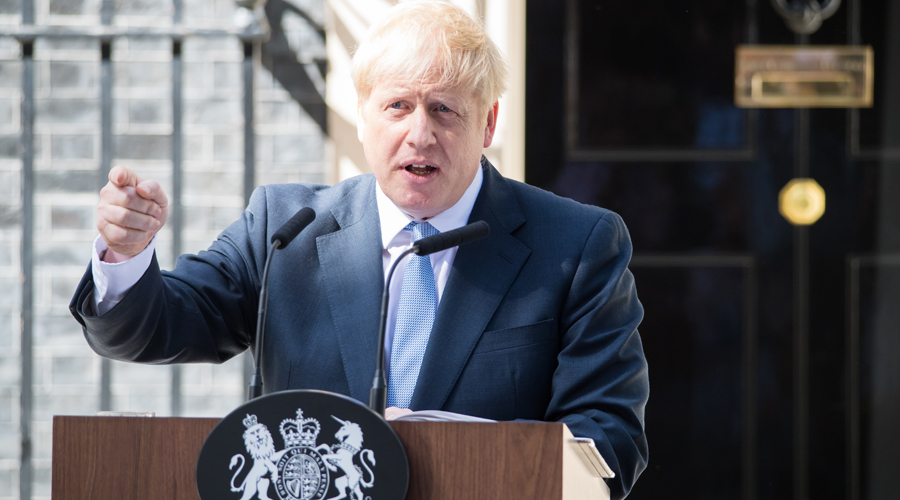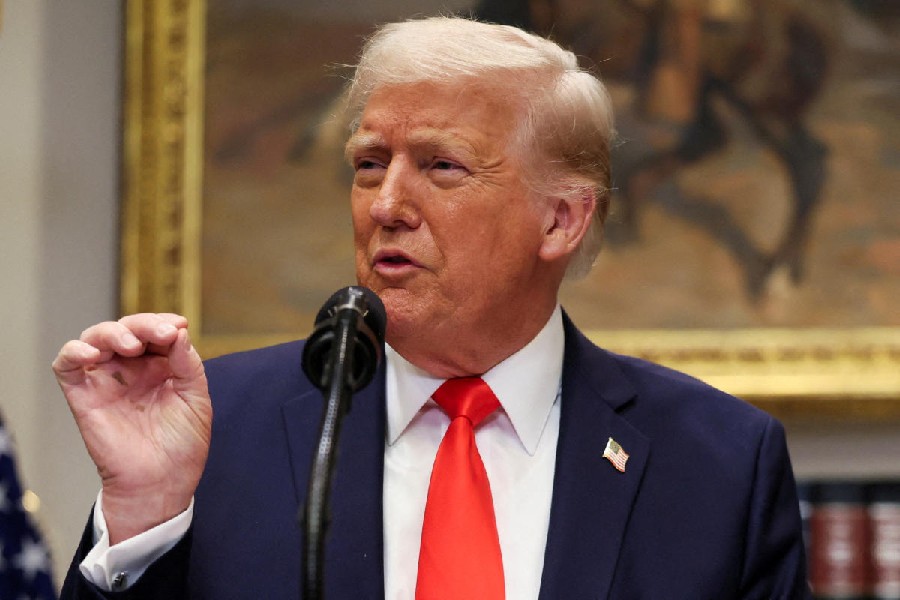British Prime Minister Boris Johnson said on Saturday he could not rule out triggering trade dispute action against France next week in a post-Brexit row over fishing that has further strained relations and could ultimately disrupt the flow of goods.
Boris, who is hosting the UN climate summit next week, again said he did not want the spat over fish to derail a meeting of the world’s 20 major economies, seen as a stepping stone to secure more commitments for Cop-26 in Glasgow.
After watching an earlier British-hosted G7 meeting becoming overshadowed by a disagreement with the European Union over post-Brexit problems with the movement of sausages and other goods to Northern Ireland, Johnson was keen to defuse the row.
Ties with France have become increasingly strained since Britain voted to leave the EU in 2016, with London’s security pact with the US and Australia doing little to build trust with Paris.
French President Emmanuel Macron has questioned Britain's“credibility”.
Fishing, which dogged Brexit talks for years, while not economically crucial to either country, holds huge political importance to both and the row, if not resolved, could trigger the beginning of dispute measures in the Brexit trade deal.
"If there is a breach of the treaty or we think there is a breach of the treaty then we will do what is necessary to protect British interests,” Johnson told Sky News from Rome where he is attending the meeting of G20 leaders.
Asked if he would rule out triggering dispute resolution measures in the so-called Trade and Cooperation Agreement next week, Johnson said:“No of course not, I don't rule that out.
"But what I think everybody wants to see co-operation between the European allies and (French President) Emmanuel Macron and I share a common perspective which is that climate change is a disaster for humanity and that we have the tools to tackle it.”
Such proceedings would likely involve convening an arbitration panel to decide on the dispute, and could result in a demand for compensation or suspension of obligations under the free trade deal.
Johnson and his team are keen to try to prevent the row from overshadowing attempts at the G20 this weekend to build a consensus for nations to do more to tackle climate change after the United Nations said the current commitments would set the world on course to warm around 2.7 degrees Celsius.
COP26 is meant to find ways to better implement the landmark 2015 Paris agreement, which committed signatories to keeping global warming to well below 2 degrees above pre-industrial levels, and preferably to 1.5 degrees.
Asked by the BBC whether he still rated chances of success in Glasgow as six out of 10 as he did in September, Johnson said:“I’d say they’re about the same.”
"What we need to do is to ensure that at the COP summit next week the world leaders come together and make the commitments that are necessary.”











